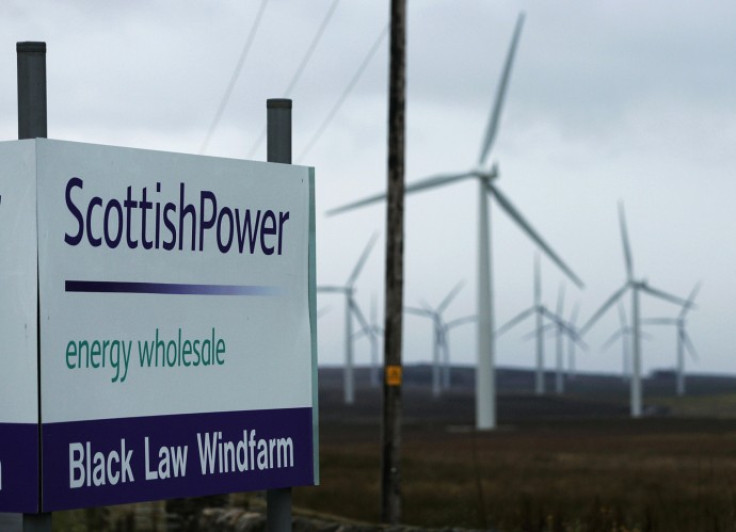Scottish Power to pay £750,000 for Overcharging Customers

Energy regulator Ofgem has ordered Scottish Power to pay £750,000 because the energy supplier had been overcharging customers who did not pay bills by direct debit.
Scottish Power was told to put the cash into Energy Best Deal - an awareness programme that explains the savings that consumers can make by shopping around and switching suppliers.
Since the investigation was launched, Ofgem said Scottish Power had reduced the gap between prices for different ways of paying. The problems occurred between September 2009 and December 2012.
Ofgem says that "suppliers can only have different prices for different payment methods if the amount reflects the costs involved in supplying those accounts."
Sarah Harrison, Senior Partner in charge of enforcement at Ofgem said: "Suppliers need to clearly justify the different prices they set for different payment methods. In this instance, Scottish Power did not have a robust process in place when setting their prices to ensure that the difference between their tariffs complied with Ofgem's rules.
"We've held them to account for this and they will now pay £750,000 (€921,600, $1.2m) to benefit Energy Best Deal."
Scottish Power's willingness to admit its shortcomings, and its eagerness to fully comply with rules in the future had meant the figure was reduced somewhat.
Energy Best Deal is a public campaign group run by Citizen's Advice with the aim of improving confidence of energy customers across Britain.
Ofgem forced E.on to cough up a record £12m in compensation earlier this month after it found that the energy supplier had been mis-selling of energy contracts to ordinary Britons.
E.on broke sales rules and caused harm by its extensive poor sales practices carried out between June 2010 and December 2013, according to Ofgem.
© Copyright IBTimes 2024. All rights reserved.






